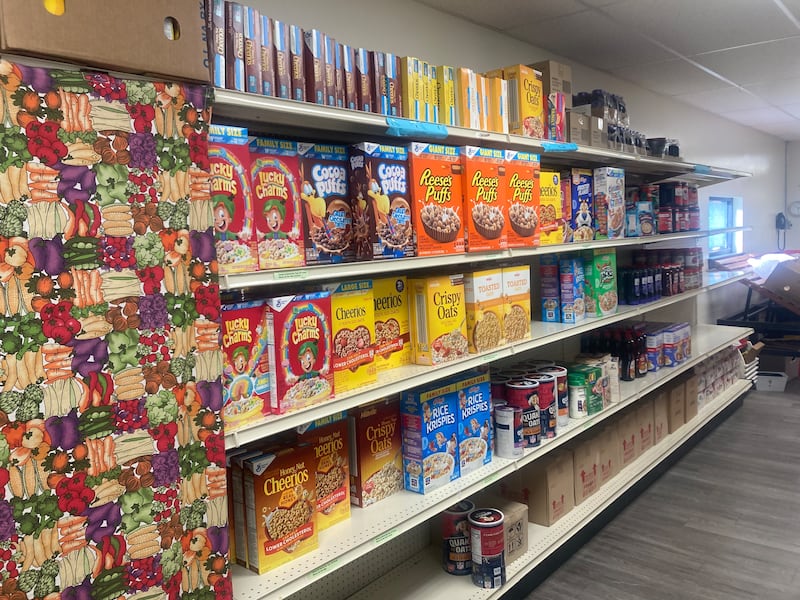Illinois Attorney General Kwame Raoul has joined a coalition of 22 other attorneys general in filing a lawsuit to stop the federal government from what the coalition said is unlawfully cutting off Supplemental Nutrition Assistance Program (SNAP) benefits for thousands of lawful permanent residents, according to a statement from Raoul’s office.
Raoul and the coalition are seeking to block new guidance from the U.S. Department of Agriculture (USDA) that the coalition says wrongly treats several groups of legal immigrants as ineligible for food assistance, including permanent residents who were granted asylum or admitted as refugees.
“The SNAP program is the country’s most important anti-hunger program, providing access to food for millions of families while supporting local grocers and merchants who are critical to our state’s economy,” Raoul said in a news release from his office on Wednesday.
“The USDA’s new eligibility guidance violates the law and harms the state’s ability to provide vital services to residents in need. I join my fellow attorneys general in asking the court to block this unlawful guidance and protect vulnerable families,” Raoul said in the release.
Joining Raoul in filing this federal lawsuit are the attorneys general of California, Colorado, Connecticut, Delaware, the District of Columbia, Hawaii, Maine, Maryland, Massachusetts, Michigan, Minnesota, Nevada, New Jersey, New Mexico, New York, North Carolina, Oregon, Rhode Island, Vermont, Washington and Wisconsin.
The attorneys general are asking the court to vacate the new guidance and block its implementation “to ensure that families do not lose critical food assistance,” according to the release.
On Oct. 31, the USDA sent guidance to state SNAP agencies outlining changes to program eligibility under the so-called “One Big Beautiful Bill,” which narrowed eligibility for certain non-citizen groups, including refugees, asylum recipients, and others admitted under humanitarian protection programs.
The USDA memo “incorrectly asserted that all individuals who entered the country through these humanitarian pathways would remain permanently ineligible for SNAP, even after obtaining green cards and becoming lawful permanent residents,” according to the release.
Last week, Raoul and a coalition of attorneys general formally called on the federal administration to clarify its position or withdraw and correct the memo. The USDA has not replied, according to Raoul’s office.
The attorneys general argue in their lawsuit that the guidance contradicts federal law and could impose massive financial penalties on states. The coalition asserts that the USDA’s guidance also misapplies the agency’s own regulations.
Under the statute, states face severe financial penalties for errors they make in providing SNAP benefits, Raoul’s office said, but federal rules give states a grace period of 120 days after new guidance is issued to reprogram their systems and retrain their employees without being charged penalties for errors based on that new guidance.
“The USDA is now claiming that this period expired on Nov. 1, just one day after the guidance was released and before states even had a single business day to review it,” according to the release.
The coalition argues that this “illogical interpretation” conflicts with the USDA’s own regulations, which state that the grace period of 120 days cannot begin until new guidance is issued, according to the release.
By disregarding its own rules, the USDA is exposing states to major financial penalties for errors caused by the agency’s late and inaccurate memo, the coalition’s lawsuit claims.
States have already begun implementing the statutory changes enacted earlier this year, but the USDA’s “abrupt and incorrect guidance” now forces them to overhaul eligibility systems overnight, according to the release.

:quality(70)/author-service-images-prod-us-east-1.publishing.aws.arc.pub/shawmedia/8832388b-fc0a-47f3-aa56-fba06c9d2015.jpg)